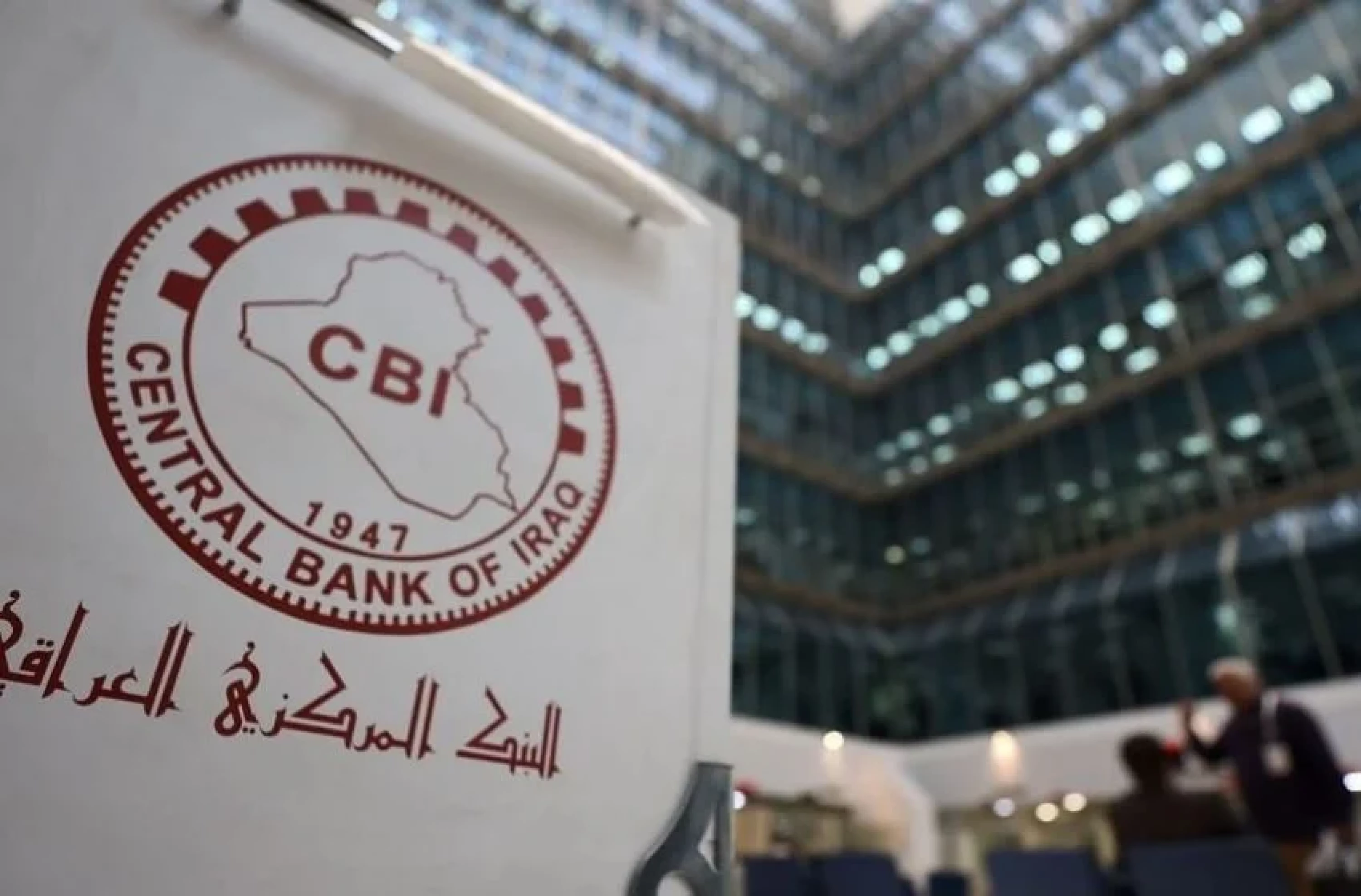ERBIL, Kurdistan Region of Iraq - The Central Bank of Iraq (CBI) said on Sunday that the country’s internal and external debts have not exceeded 43 percent of its gross domestic product (GDP), describing them as “within safe limits,” even though total public debt has surpassed 91 trillion dinars.
In a statement, the bank said the clarification came “as part of financial transparency” to address recent media reports about public debt and budget deficits. The CBI explained that the planned deficit in the three-year federal budget law passed by parliament for 2023, 2024, and 2025 amounted to 191.5 trillion dinars. However, the actual deficit for those years reached only 35 trillion dinars, which was covered domestically through the issuance of bonds and treasury bills in line with the budget provisions.
According to the statement, actual borrowing represented just 18.2 percent of the planned deficit, which the bank said “reflects the high level of coordination between the government and the CBI in controlling public debt and preventing it from reaching the high levels stated in the budget law.”
The CBI also said that Iraq’s external debt subject to repayment does not exceed $13 billion after excluding suspended or unclaimed debts from the previous regime. The bank noted that Iraq “has not defaulted on any obligations” and continues to enjoy “an excellent financial reputation regionally and internationally.”
The statement explained that the domestic debt, which now totals 91 trillion dinars, includes 56 trillion dinars accumulated up to the end of 2022 and an additional 35 trillion dinars incurred over 2023, 2024, and 2025. Most of this domestic debt, the bank said, is held within state-owned banks.
It added that specialized committees and international consulting firms are working to convert part of the domestic debt into investment instruments under a new national fund for managing domestic debt. The fund aims to turn part of the government’s liabilities into investment opportunities to support financial stability.
The Central Bank stressed that the public debt-to-GDP ratio has not exceeded 43 percent, calling it a “moderate and safe level” by international standards. The bank said it is also preparing “a comprehensive vision for financial sustainability” in the coming years to support government reforms aimed at diversifying Iraq’s economy and increasing non-oil revenues to reduce reliance on oil income and avoid future fiscal deficits.
The day before, the Central Bank had announced Iraq’s total internal and external debts and the value of US bonds it holds, stating that the figure had risen to 91.1 trillion dinars.
Economist Haider al-Sheikh said Iraq’s domestic debt has increased sharply under the current government, rising from 64 trillion dinars to more than 91 trillion dinars in three years. He attributed the surge to falling oil and non-oil revenues, growing public expenditures, and what he described as “random hiring” in government institutions.
“Even though the 2025 budget tables have not yet been approved, the Ministry of Finance has already recorded a large deficit in public spending, with total expenditures exceeding 150 trillion dinars,” Sheikh said. He added that talk of preparing a 2026 budget law was “a fantasy,” saying that the current government’s term is almost over and the next administration will likely handle the new budget. “If oil prices fall below $60 per barrel, there may be no budget next year,” he warned.
Another economist, Manar al-Obaidi, pointed to other reasons behind the growing domestic debt, citing “the absence of real oversight” and “a troubling silence in parliament.”
In a post on social media, Obaidi wrote that one of the main causes of the debt increase was weak parliamentary scrutiny. “In recent years, we haven’t seen a single serious interrogation, an active hearing, or transparent questioning of the government’s borrowing policies,” he said. “Where is the parliament’s role as the top supervisory body over public funds?”
He warned that “most lawmakers are aware of the looming economic crisis” but choose to discuss it privately instead of publicly addressing it. “Bold voices disappear under political compromises,” he wrote, adding that “this deliberate silence has allowed domestic debt to rise without accountability.”
Obaidi concluded with a question: “Where are the serious debates? Where are the lawmakers who swore to protect public money?”



 Facebook
Facebook
 LinkedIn
LinkedIn
 Telegram
Telegram
 X
X


